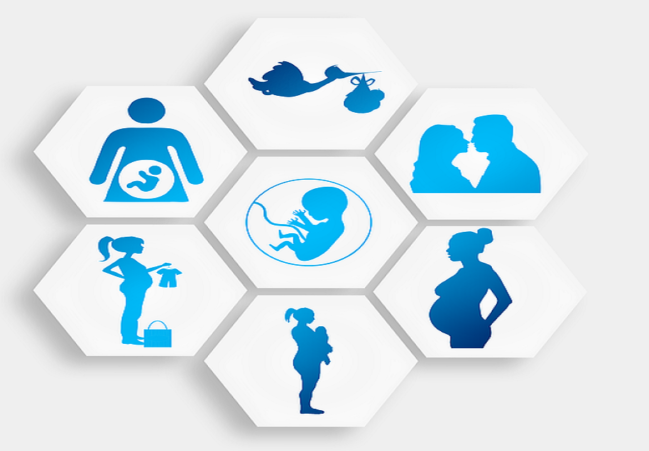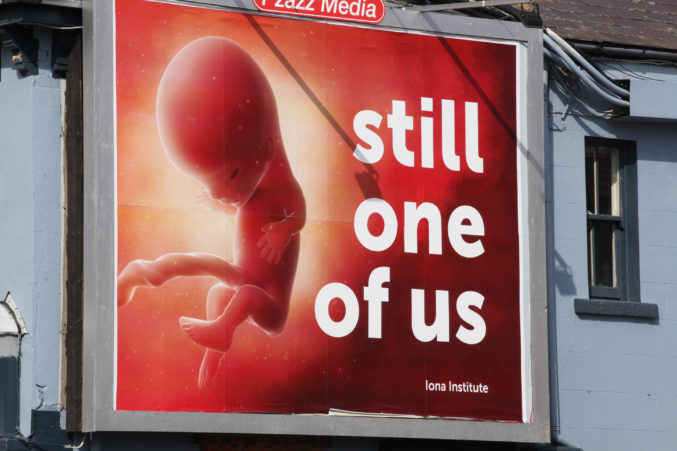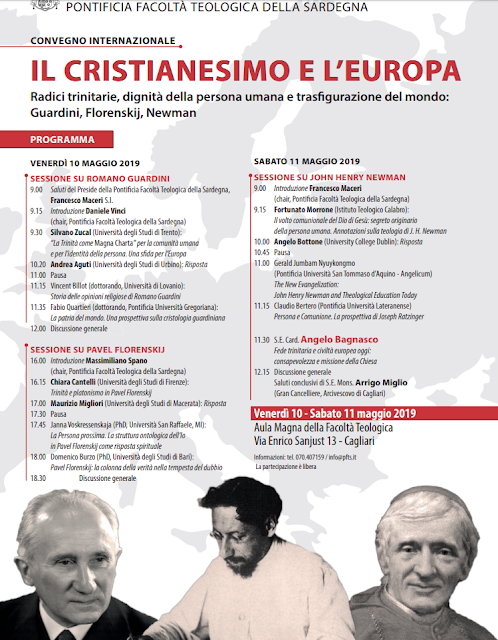
Both commercial and so-called ‘altruistic’ surrogacy could amount to the sale of children, the United Nations Special Rapporteur on the sale and sexual exploitation of children has warned. Our Government normally likes to listen to the UN. Will it do so on this occasion?
The report, presented to the UN Human Rights Council, by Ms Maud de Boer-Buquicchio, noted the presence of abusive practices in both regulated and unregulated contexts.
In the past, other UN bodies have shown similar fears: “The Committee on the Rights of the Child has consistently expressed similar concerns that surrogacy could lead or amount to the sale of children.”
In order to strengthen the viability of norms prohibiting the sale of children, the Rapporteur has provided a series of recommendations and also requested Member States to fill a questionnaire in relation to the rights of children born from surrogacy arrangements.
The report shows that national laws governing surrogacy vary from absolute prohibition (in France, Germany or Italy, for example) to extreme liberal regimes where even commercial surrogacy is permitted (Georgia, Ukraine, Russia and some states in the US). Other countries, such as Ireland, do not have a proper legislation but surrogacy arrangements are completed using pre-existing laws governing parentage and adoption.
The report states that “the required solution is international and national frameworks that clearly regulate surrogacy”, suggesting that the same principles that have led to the restrictions on international adoptions through the years should now be applicable to surrogacy. Those principles are “the best interest of the child as a paramount consideration, the lack of a right to a child, strict regulations and limitations regarding financial transactions, rights to identity and access to origins, and protections against exploitation.”
“Surrogacy, in particular commercial surrogacy, often involves abusive practices”, writes Ms Maud de Boer-Buquicchio, and “many of the arguments provided in support of these legal regimes for commercial surrogacy could, if accepted, legitimate practices in other fields, such as adoption, that are considered illicit.” If accepted, this would undermine established human rights norms and standards.
The proposed legislation on Assisted Human Reproduction presented by the Irish Government would allow only the so-called altruistic surrogacy, which includes the payment of ‘reasonable expenses’. In practice, the Government is showing no signs of stopping couples or individual availing of commercial surrogacy as well.
In regard to the ‘altruistic’ variety, the report notes this often involves substantial reimbursements to surrogate mothers and substantial payments to intermediaries, and these “may blur the line between commercial and altruistic surrogacy.” Reimbursements may be simple disguised payments for the transfer of the child. According to the report, labelling those arrangements as ‘altruistic’ does not automatically avoid the breach of the Convention on the Rights of the Child, and “it is necessary to appropriately regulate altruistic surrogacy to avoid the sale of children.”
‘Families Through Surrogacy’, an organisation offering Irish residents information seminars on foreign surrogacy, have labelled the UN report as “controversial” in their latest newsletter.
Cross-border surrogacy, when couples or singles travel to avoid legal restrictions at home, is a contentious issue and the proposed Irish legislation does not address it properly.
Reproductive tourism is becoming more common and problematic as sometimes the different steps of the process (in vitro fertilization, embryo transfer, pregnancy, birth, etc.) happen in different jurisdictions, making everything extremely complex to regulate. National bans or restrictions become easily void.
During presentations the Oireachtas Committee on Health some politicians and advocacy groups have requested a more permissive approach to commercial surrogacy as well.
But we should remember that there are good reasons why ‘reproductive tourism’ should not be encouraged. Ms Maud de Boer-Buquicchio writes in her report: “Cross-border surrogacies are mostly commercial surrogacies mediated by for-profit intermediaries, and are usually conducted in jurisdictions that permit commercial surrogacy. The State of the intending parents should not assume that such surrogacies are altruistic. Given the risk of sale of children in both regulated and unregulated commercial surrogacies, States generally should not automatically recognize parentage orders or birth records from foreign States in respect of commercial surrogacies, but should review carefully the proceedings abroad.”
It is contradictory to ban certain practices here and, at the same time, to recognize them when happening abroad where the State has no authority or control. The rationale of the law is precisely to maintain high human rights standards and to discourage practices which are detrimental to the women and the children involved.
Minister Harris has confirmed that the upcoming legislation will not regulate Irish citizens being involved in international commercial surrogacy agreements in other countries.
However, in 2012 the Department of Justice and Equality has published a guidance document to ensure that a child born abroad through a surrogacy arrangement may enter and reside in the State. Since then, 108 applications for declarations of parentage have been made.
This is worrying. If we want to avoid the risk of sale of children (paying one woman for her egg and another for the use of her womb), as highlighted by the UN report, it is essential to maintain human rights standards against the pressure created by lobby groups and the surrogacy industry.















